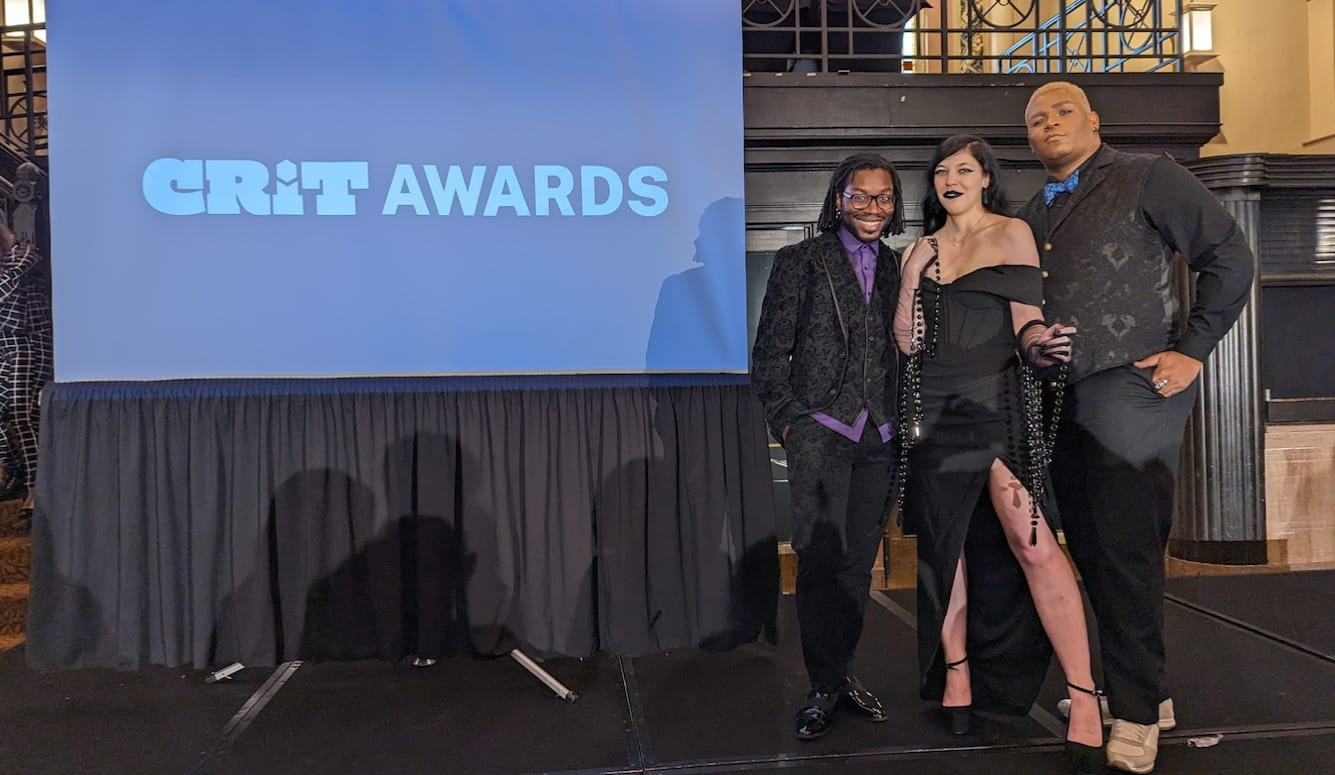Games
Tabletop Gaming’s Anti-Israel Meltdown: The Strange Tale of Waffles and Syrup
When the CEO of a boardgame awards show boasted publicly that she’d be disqualifying all nominees who ‘identify as Zionists,’ her event was quickly dropped from North America’s biggest game convention.

Five years ago, I gave a TEDx Talk in Toronto titled, Political Correctness Works for No One. I didn’t promote it too heavily at the time—not only because I felt the points I offered weren’t exactly groundbreaking, but also because I was status-conscious of the fact that TEDx is the junior-varsity spin-off of the more illustrious TED Talk franchise. (When people ask whether I’ve ever given a TED Talk, my stock self-deprecating response is “Um, not x-actly.”)
But there was one point I made in the TEDx Talk that seemed to resonate heavily with many viewers, some of whom still email me to this day about it: Having worked at both a conservative newspaper and a progressive magazine in my pre-Quillette years, I’d observed that the self-censorship and mobbing that goes along with so-called “woke” ideology does far more damage to leftist social, cultural, and professional ecosystems than to their right-wing counterparts—since progressive institutions are the ones that demand doctrinal purity from their constituents.
Since that speech, I’ve observed countless case studies that illustrate this principle, featuring vicious squabbles within hyper-progressive theatres, comedy clubs, art magazines, movie festivals, rape-crisis centres, LGBT activist groups, political parties, and academic departments. These tend to be milieus where progressives enjoy strong supermajorities, and overtly conservative viewpoints are pretty much non-existent. In this kind of environment, enforcers are free to focus their inquisitorial energies on fellow travellers who push back even marginally on contentious issues such as anti-racism, trans rights, or (more recently) Israel’s military campaign in Gaza.





